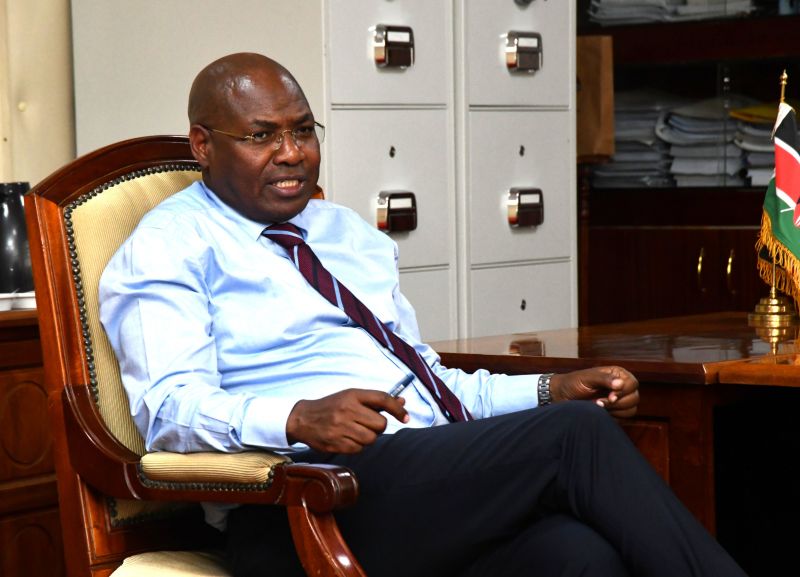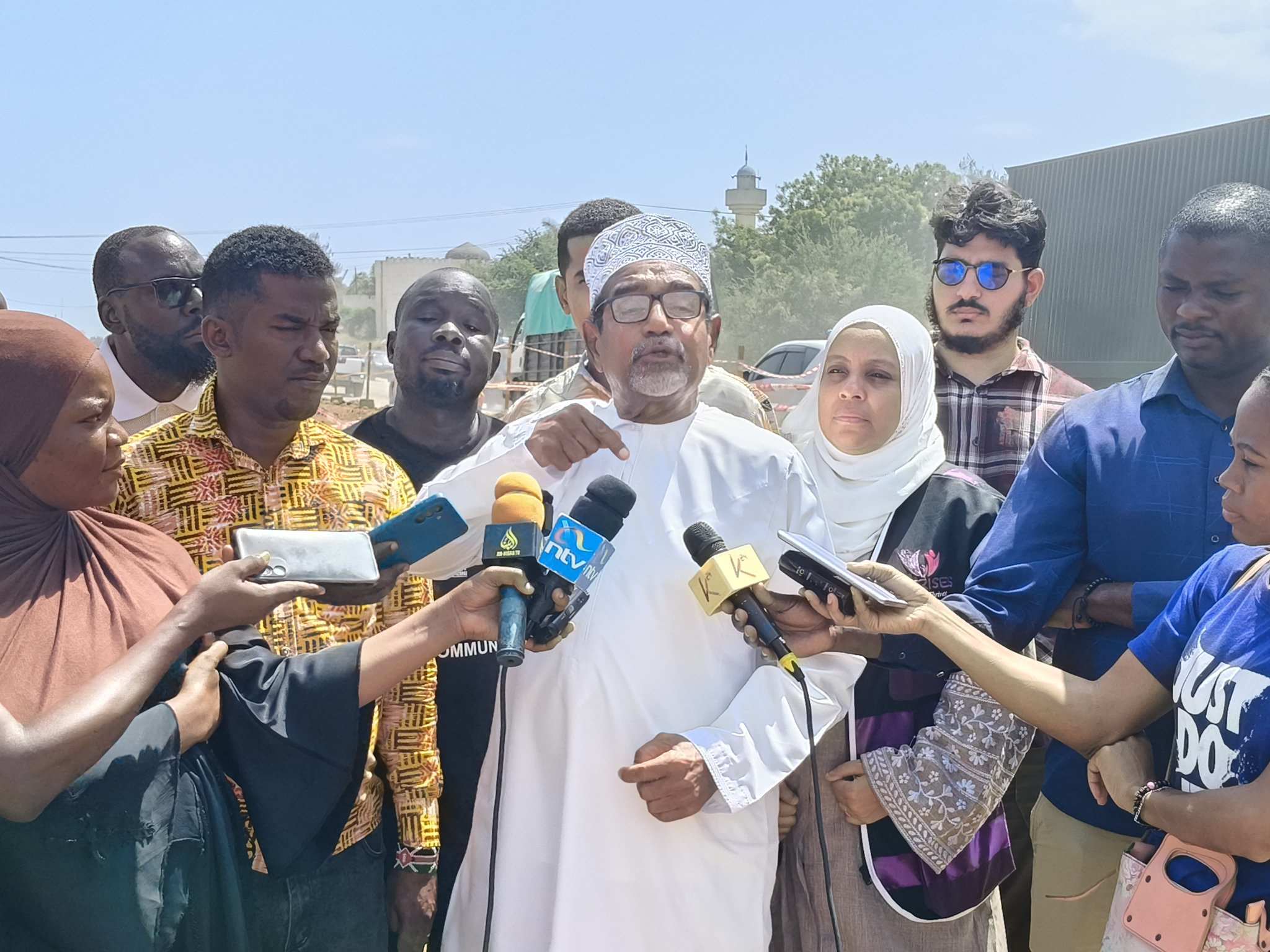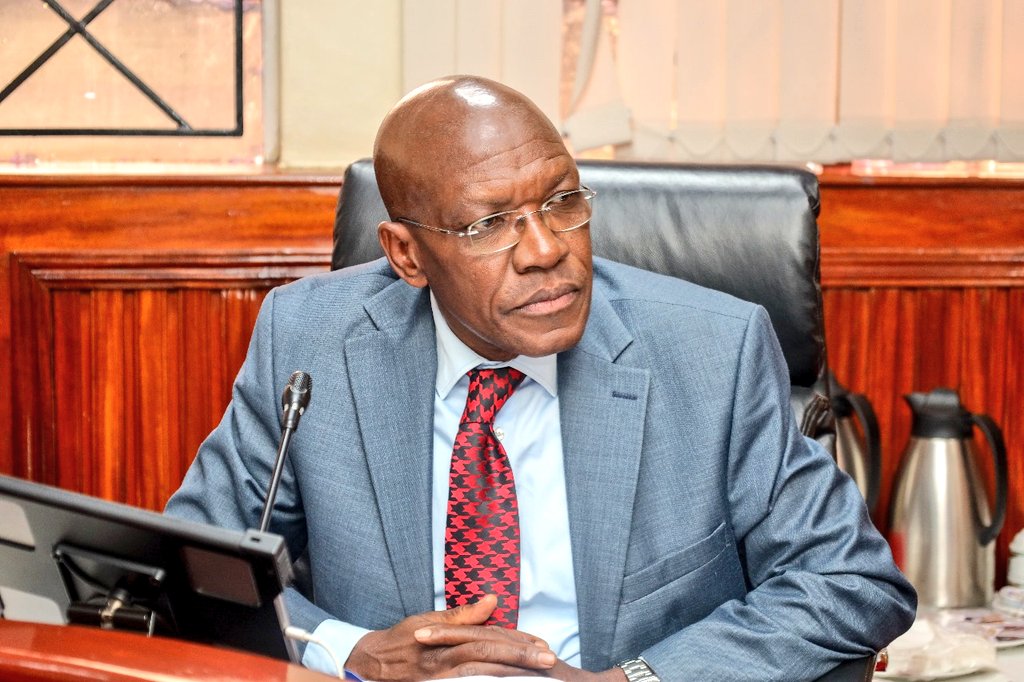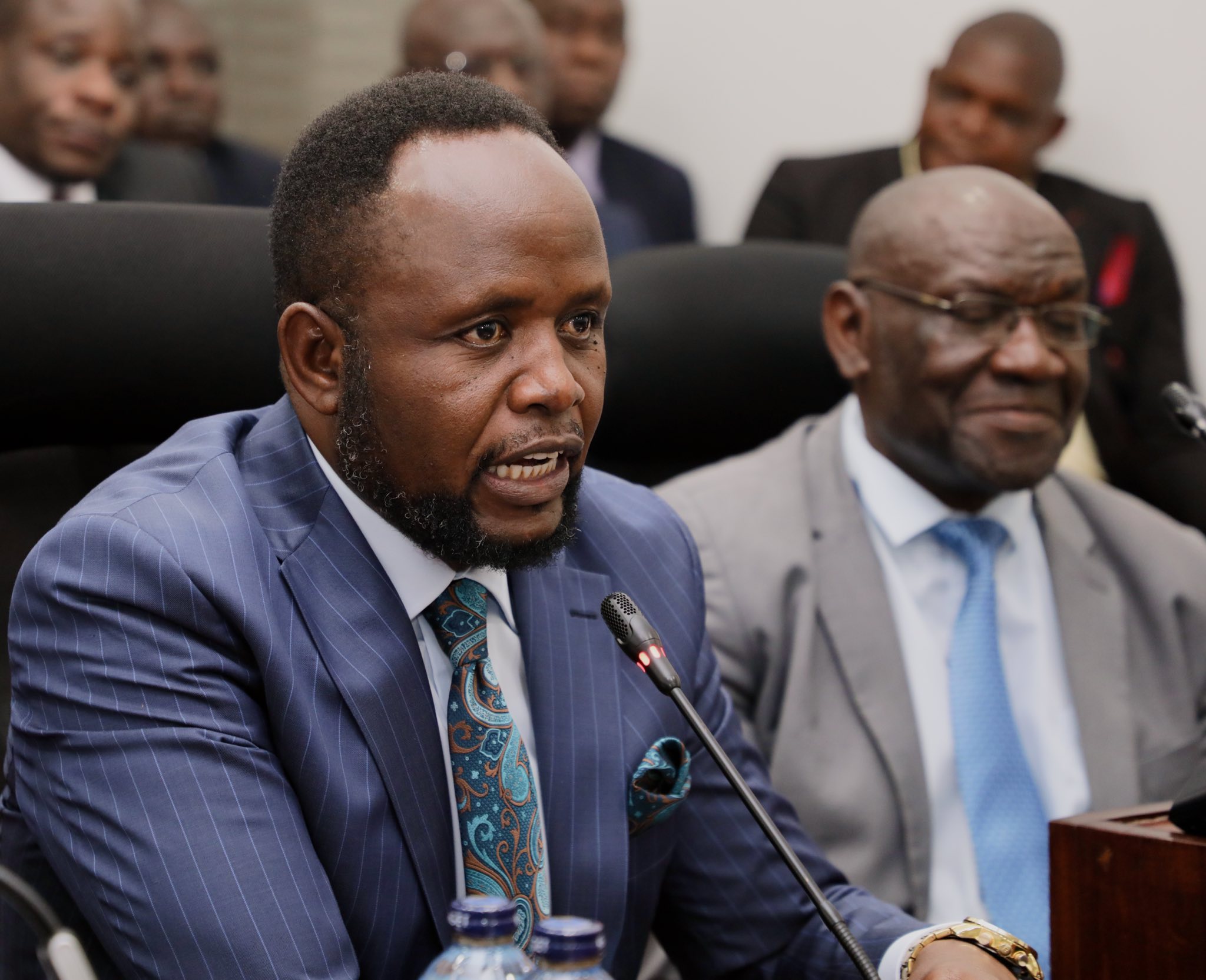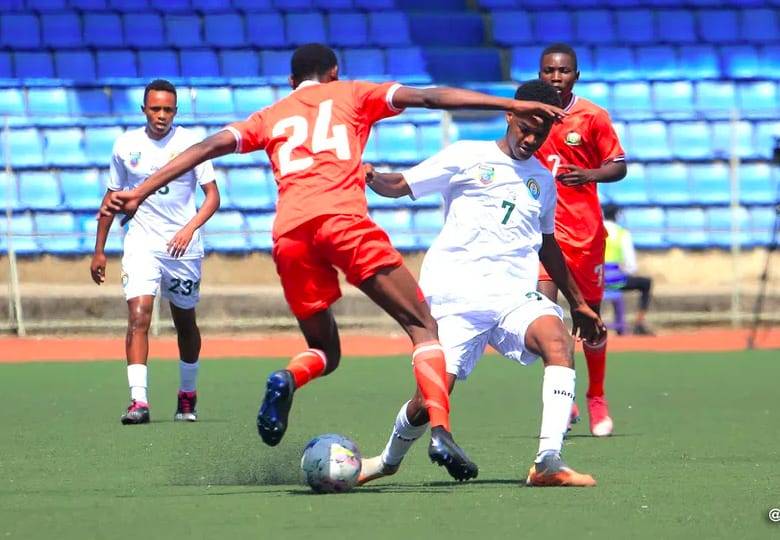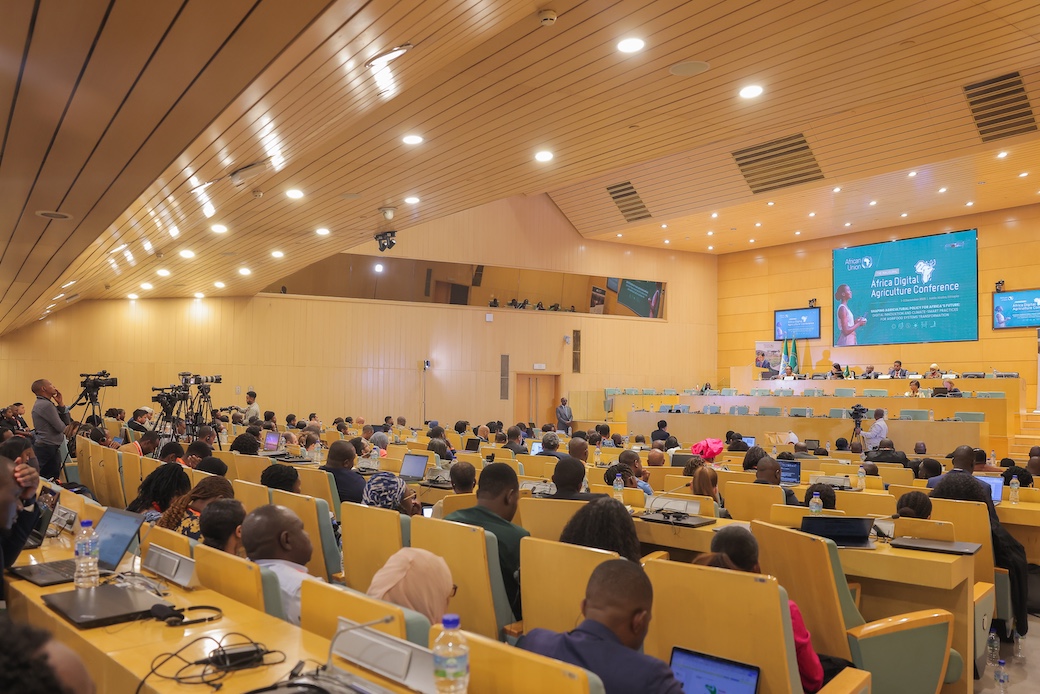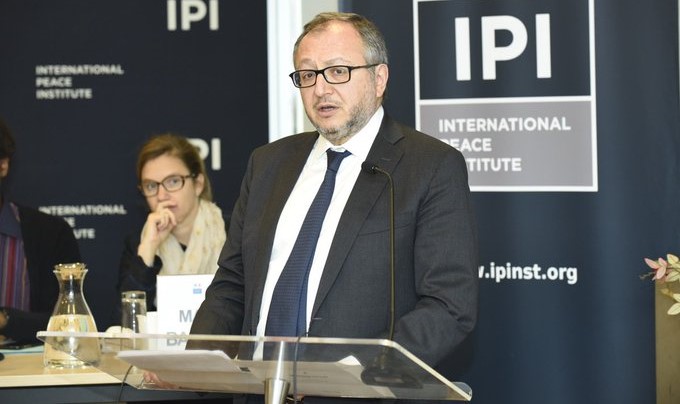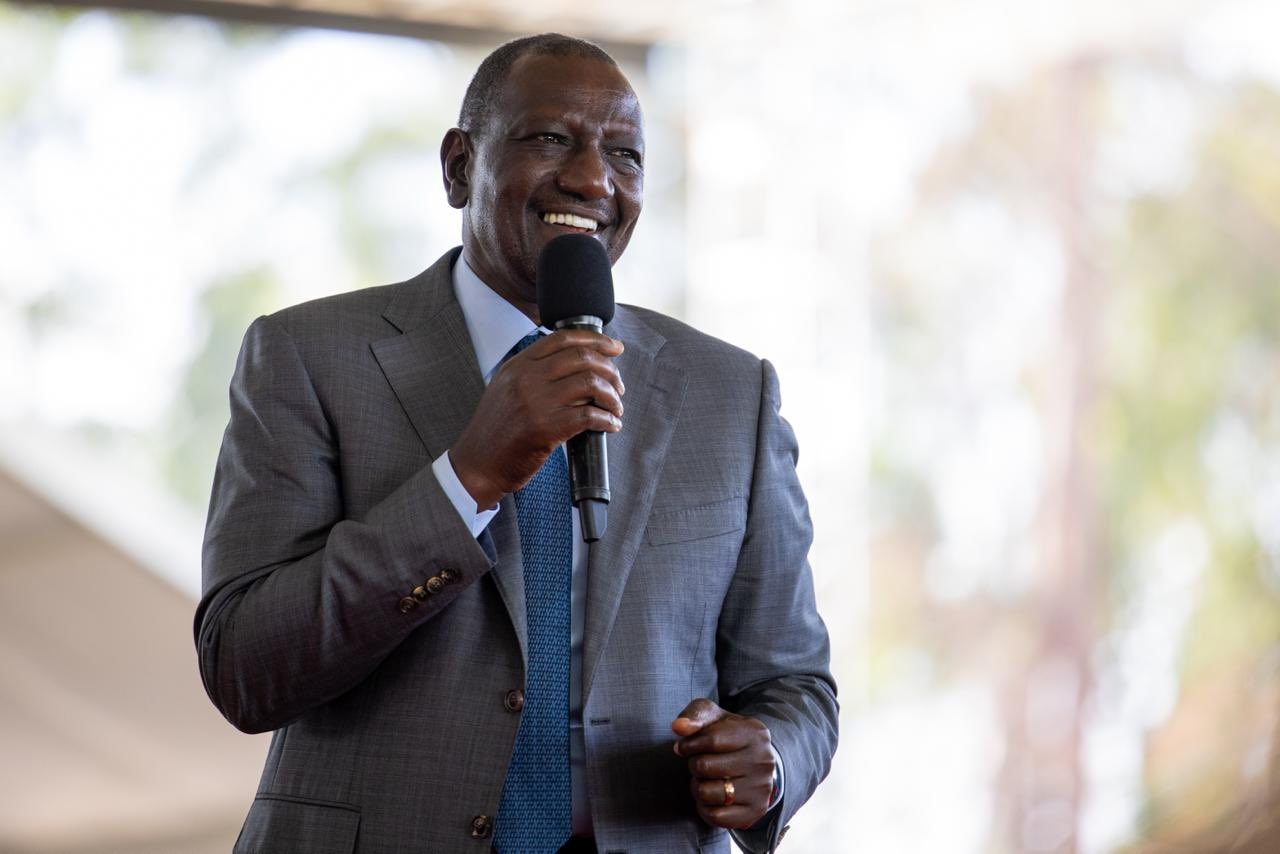State honours or dishonours: Inclusion of politicians with criminal past in the list sparks debate

The revelation that the names of political leaders who have previously faced murder and serious corruption charges in court are among those set to receive state honours has sparked debate over the worth and meaning of such recognition.
Legal experts and political observers who spoke to the Eastleigh Voice agreed that the awards have become politicised, thereby diluting their value, meaning and significance.
More To Read
- EACC traces Sh22.9 billion, recovers Sh3.4 billion in fight against corruption
- Anti-Counterfeit Authority chair charged with soliciting Sh5 million bribe to shield businessman
- EACC flags organised corruption in traffic department, Police IG vows action
- Kenya reports decline in criminal cases, police misconduct on the rise
- EACC files suit to recover Sh813 million from Kiambu Governor Kimani Wamatangi and 13 others
- Court steps in after EACC and DPP fail to agree on Obado plea deal
This year, eleven senators and thirty-five members of the National Assembly have been nominated for the conferment of National Honours. The MPs are among sixty individuals nominated by Parliament through the Parliamentary Honours Advisory Committee.
The remaining fourteen are senior government officials serving in various departments.
They have been nominated for the Chief of the Order of the Burning Spear (CBS), the Moran of the Order of the Burning Spear (MBS), and the Head of State Commendation (HSC).
Notable legislators include MPs John Waluke (Sirisia), Didmus Barasa (Kimilili), William Kamket (Tiaty), Mark Mwenje (Embakasi West), Naisula Lesuuda (Samburu West), and Rarieda MP Otiende Amollo.
Among the senators listed are Narok Senator Ledama Olekina, alongside nominated senators Veronica Maina and Tabitha Mutinda.
Of the politicians nominated, Didmus Barasa previously faced murder charges, while John Waluke was jailed over corruption before investigators and the courts quashed their respective cases.
According to constitutional lawyer Willis Otieno, the awards have lost meaning as they are increasingly used to honour individuals who have brought shame to the country.
“It has lost its allure when it is used to reward and honour political charlatans who represent the worst of Kenyan society,” said Otieno.
Other state officials on the list include the Chairperson of the Commission on Revenue Allocation (CRA), Mary Wanyonyi Chebukati.
Of the sixty nominees, forty-eight have been recommended for the CBS, eight for the OGW, three for the MBS, and one for the HSC.
In Kenya, national honours are provided for under Article 132(4)(c) of the Constitution and detailed in the National Honours Act, 2013.
The President confers these honours on individuals and organisations in recognition of exceptional service and contributions to the country, based on recommendations from advisory committees.
Presidential awards include the Order of the Golden Heart, the Order of the Burning Spear, and the Order of the Grand Warrior.
The Order of the Golden Heart is the highest-ranking award. It is divided into three classes—Chief, Elder and Moran—based on seniority.
The Chief of the Order of the Golden Heart (CGH) is the highest distinction and is usually awarded to sitting presidents and prominent religious or military leaders.
Alongside President William Ruto, past recipients include Uganda’s President Yoweri Museveni and former Liberian President Ellen Johnson Sirleaf.
The Elder of the Order of the Golden Heart (EGH) is awarded to the sitting Deputy President, Speakers of the National Assembly and Senate, Cabinet Secretaries, the First and Second Ladies, the Kenya Defence Forces (KDF) Chief of Defence Forces, and the Head of Public Service.
Political analyst and international public relations expert Professor Macharia Munene described the National Honours list as a mechanism used by rulers to make selected individuals feel recognised.
“It is a tool of governance, not necessarily to honour the deserving, but to show power and reward cronies irrespective of how obnoxious they might be,” said Professor Munene.
He added that the honours are largely political tools, explaining why presidents tend to reward politicians who appeal to them. In his view, the honours serve as additional rewards for those appointed to high offices such as Cabinet Secretary or Principal Secretary, positions often determined more by loyalty than merit.
“President Ruto is simply behaving like other presidents, only that his appointees do not appear to be competent. Since he sometimes seems to disregard the law, the Constitution, and the essence of being Kenyan, his probable infractions appear greater than those of previous presidents,” he said.
The third-class award is the Moran of the Order of the Golden Heart (MGH).
The second-ranking category is the Order of the Burning Spear (OBS), presented to public dignitaries, professionals, and exemplary members of the public service. The order is also divided into three classes: Chief (CBS), Elder (EBS) and Moran (MBS).
The Order of the Grand Warrior (OGW) is presented to individuals who have rendered outstanding service to the nation, often those who have risked their lives for the public good. It, too, is divided into the three classes of Chief, Elder and Moran.
Other categories include the Distinguished Conduct Order (DCO), Distinguished Service Medal (DSM), Silver Star, and the President’s Commendations (Military and Civilian Divisions).
Top Stories Today
